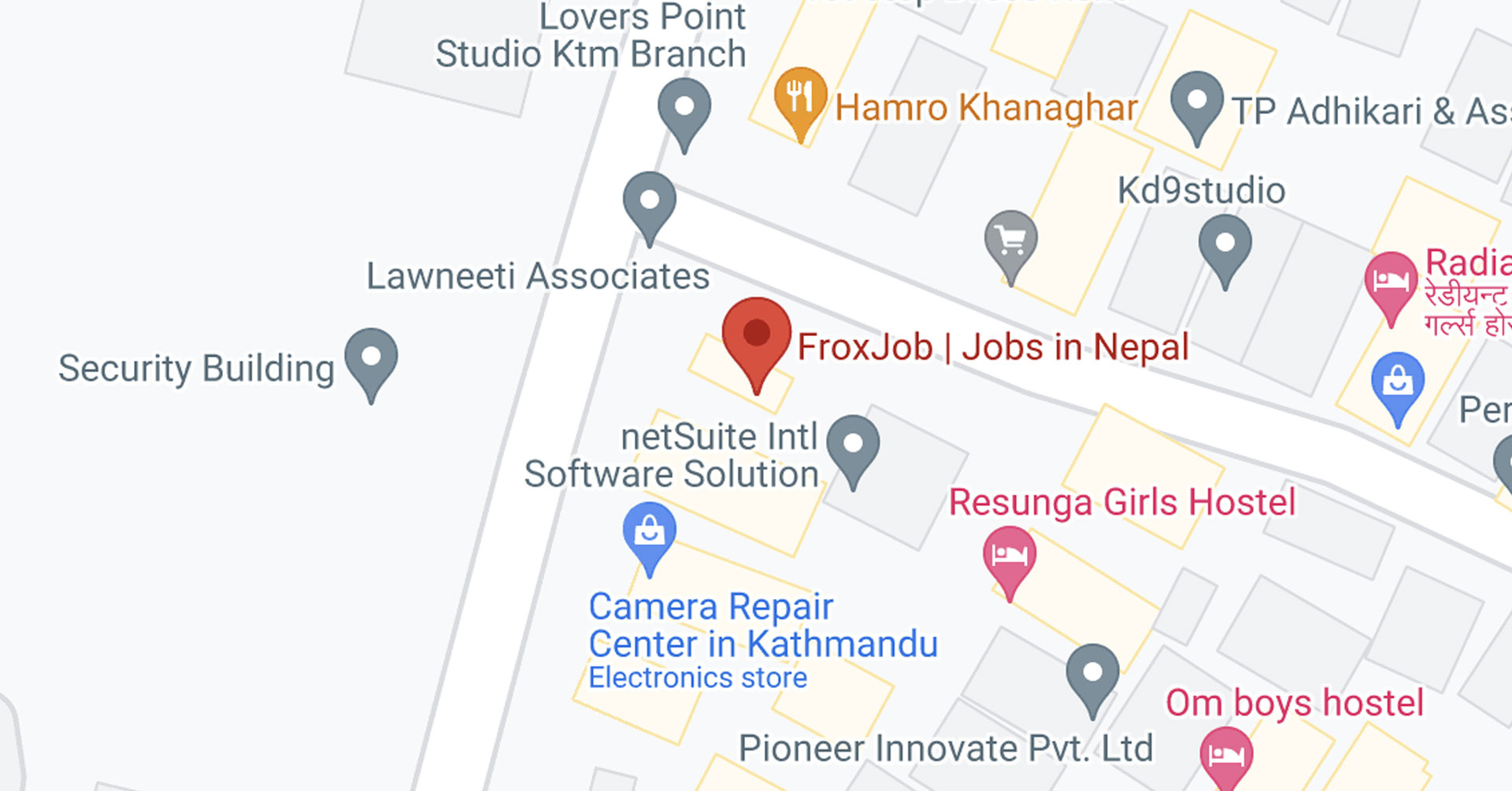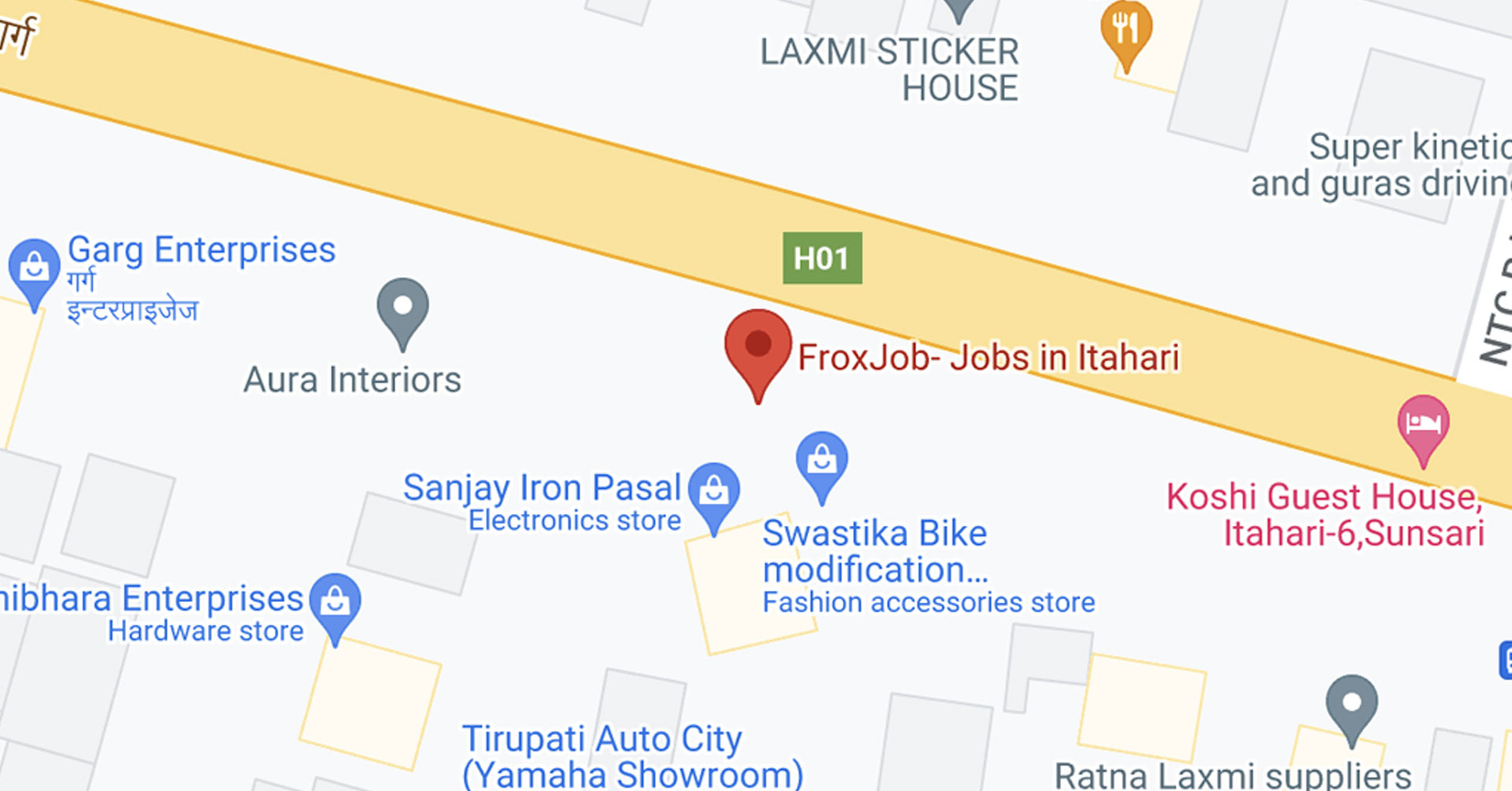Options to Employer during the period of Covid-19 (Corona virus)

Options to Employer during the period of Covid-19 (Corona virus)
Like many countries, Nepal is struggling with the Corona Virus Covid-19. Government of Nepal has responded to this evolving situation by imposing lockdown, travel restrictions and closing down certain services and private business. As the numbers of Covid-19 cases increase in country, it is likely that these restrictive measures will become more stringent and widespread.
Many employers with operations in Nepal are already facing steep challenges in coping with this fast- changing situation. It is obvious that the Lockdown will come at its own economic consequences in Nepal, the Nepalese business are experiencing unprecedented issues including employee related issues. In this note, I endeavor to provide my understanding of some common issues arising out of Covid-19 which may help the employers in taking a concerned approach in dealing with their employee related matter.
Work from Home
While the concept of work from home is new in Nepalese businesses, the Nepalese labor laws are silent about the work from home concept. There is no statutory definition or any specific guidelines that may regulate the concept of Work from home. Accordingly, there is a flexibility available with the employers to allow or not allow it’s employee work from home and the specify their own guidelines for the same.
Due to the nature of Covid-19 and to promote social distancing government has time to time issued various policies for promoting work from home
Leave Management
Under the current circumstances where the lockdowns have been implemented and commercial and industrial establishments are closed pursuant to the government orders, the absence of employees from work cannot be adjusted towards paid leaves. However, employer and employee with mutual understanding may utilize the Home Leave and Sick Leave granted by Labor Act, 2074. If an employee has already used such leave, employer can count the leave as advance leave of particular employee.
This policy was applied before the lock-down in the country before by Hotel Association of Nepal (HAN). HAN is going to apply this leave management policy to its member but it is still unknown about the implementation.
Lay-offs
Section 15 of Labor Act 2075 says that employer may stop the work and put the employee on lay-offs in case special circumstances arise.
Explanation: For the purpose of this section, "special circumstance" meansshortage of electricity, water, raw material or lack of fund or inability to reach the workplace or work or operate the workplace because of any situation beyond control.
During the period of lay-off, the employment relationship between the employer and workers shall continue. Any employer employing ten or more than ten workers may put in reserve for a period of maximum fifteen days. In case the workers need to be put in lay off for more than fifteen days, the employer shall be required to consult the authorized trade union or labor management committee. Further, Section 39 of Act says that Workers, who are on lay off shall be paid half of their remuneration which they are entitled to until the work is resumed by the employer.
Reduction in Pay
There is no specific provision which deal with reduction of pay. This has to be agreed mutually between the employer and employee. Taking in account the situation arising because of Coid-19, Helicopter Operator Association in Nepal has applied this rule to their member companies and it is applied to all the helicopter operator companies in Nepal. In this regard if the employer is looking at implementing pay-cuts the same should be applied universally, without any discrimination and specially not in form of a punishment to any specific employee.
The payment must not be less than minimum remuneration set by the Government of Nepal.
Retrenchment/Termination
The option of retrenchment/termination is available to the employers but the same will be treated as the termination for convenience and all the necessary process shall be followed by employer.
Section 145 of the labor Act says that where an enterprise faces financial problems in its operation or the workers become redundant because of merger of more than one enterprises or because of any other reason the enterprise needs to be closed down partially or completely, the employer may retrench workers. In such situation the employer, at least 30 days before the date for retrenchment, shall provide notice with information on the grounds for retrenchment, probable date for retrenchment and probable number of workers to be retrenched to the Office and authorized trade union of the enterprise or in absence of such authorized trade union, to any trade union which is active or labor relation committee of such enterprise. The employer must follow the process of retrenchment mentioned on the Labor Act, 2074.
We recommend that retrenchment/termination should be considered as an option of last resort.
Probation Period and Notice Period
Employer has an option to terminate the employee from the job if he/she has joined before few months ago. Section 13 of Labor Act, 2074 says that any employer when executing an employment contract with a worker may keep him/her in probation for a period of six months and the contract with such worker may be terminated if his/her work is not satisfactory.
Similarly, Section 144 of Labor Act says all deal with the notice period to be provided to employee before termination of employment.
Before making any decisions
There is no doubt about the fact that the human asset is the key intangible asset for any organization. In today’s dynamic and continuously changing business world, it is the human assets and not the fixed or tangible assets that differentiate an organization from its competitors. . Employees leaving an organization might be replaced physically; however, their skill-sets and knowledge cannot be exactly replaced by the person replacing them, as each individual possesses a different skill-set and experience.
Pradeep Thapa is a corporate lawyer and providing legal service to different national and multinational companies in Nepal. He is guest lecture to law school in Kathmandu and teaching business law from last 10 years in different business college too. He has completed LL.M from Kathmandu School of Law and associates with Prime Law Associates. If you need any further information, you can directly write to him at pthapa@primelawnepal.com





